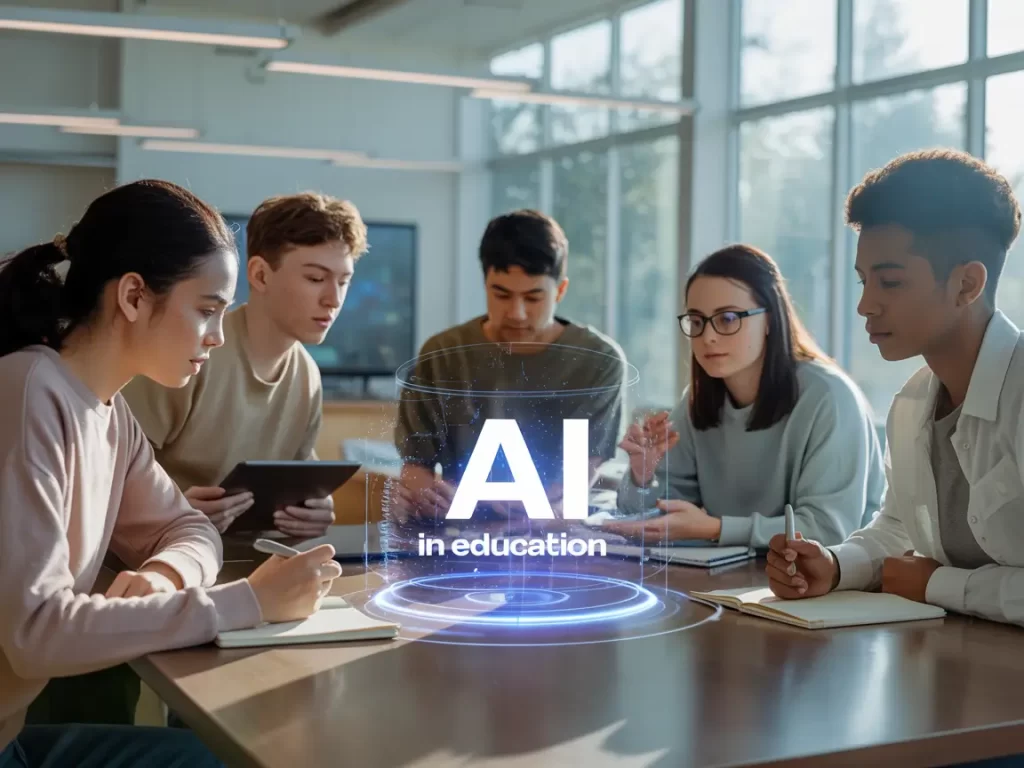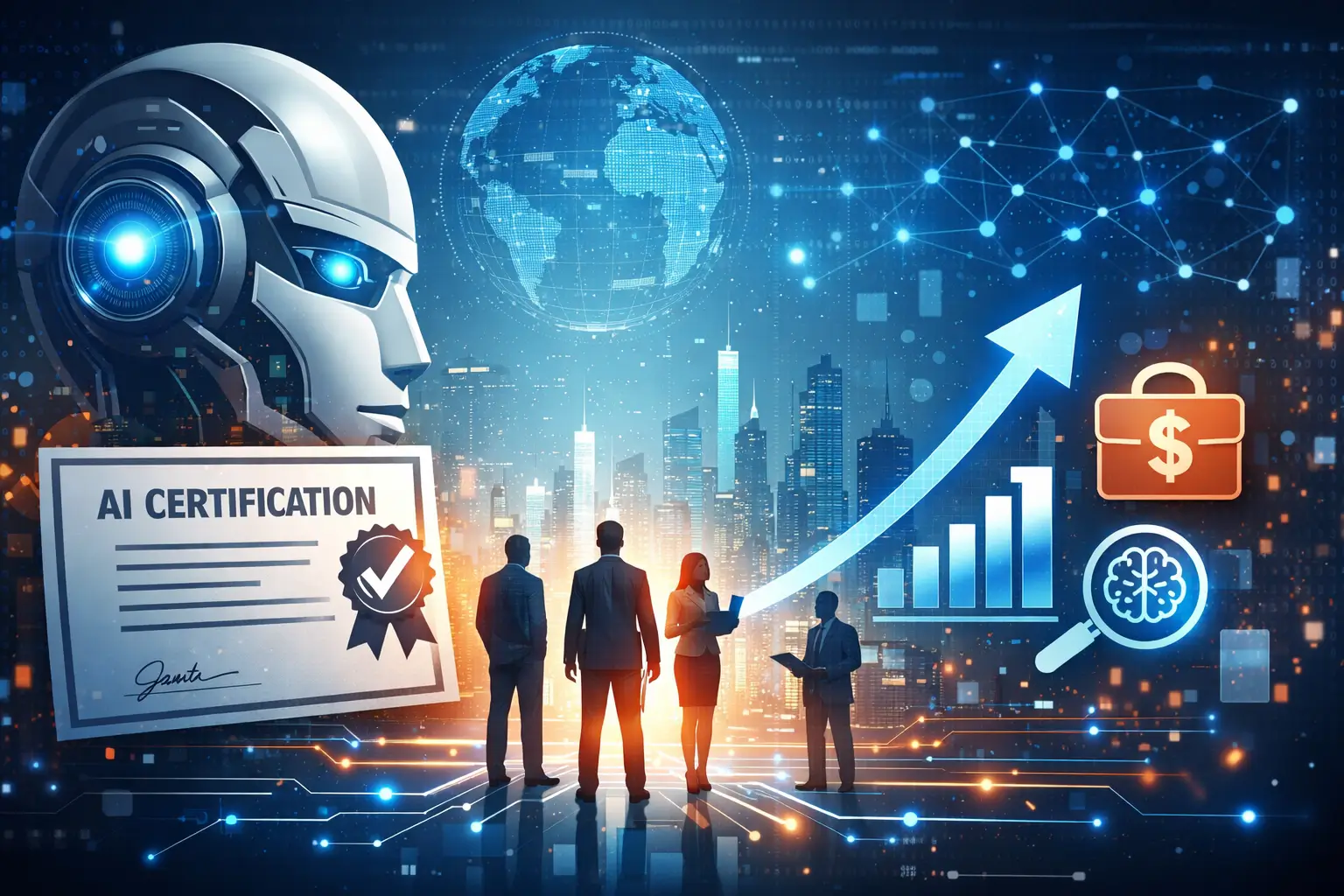Ai Articles
Understanding Artificial Intelligence
Artificial Intelligence (AI) is revolutionizing the way we interact with technology, offering unprecedented opportunities for innovation and efficiency. From enhancing everyday tasks to driving complex decision-making processes, AI is a cornerstone of modern technological advancement. Its significance lies in its ability to learn, adapt, and perform tasks that traditionally required human intelligence, making it an indispensable tool in various industries today.


